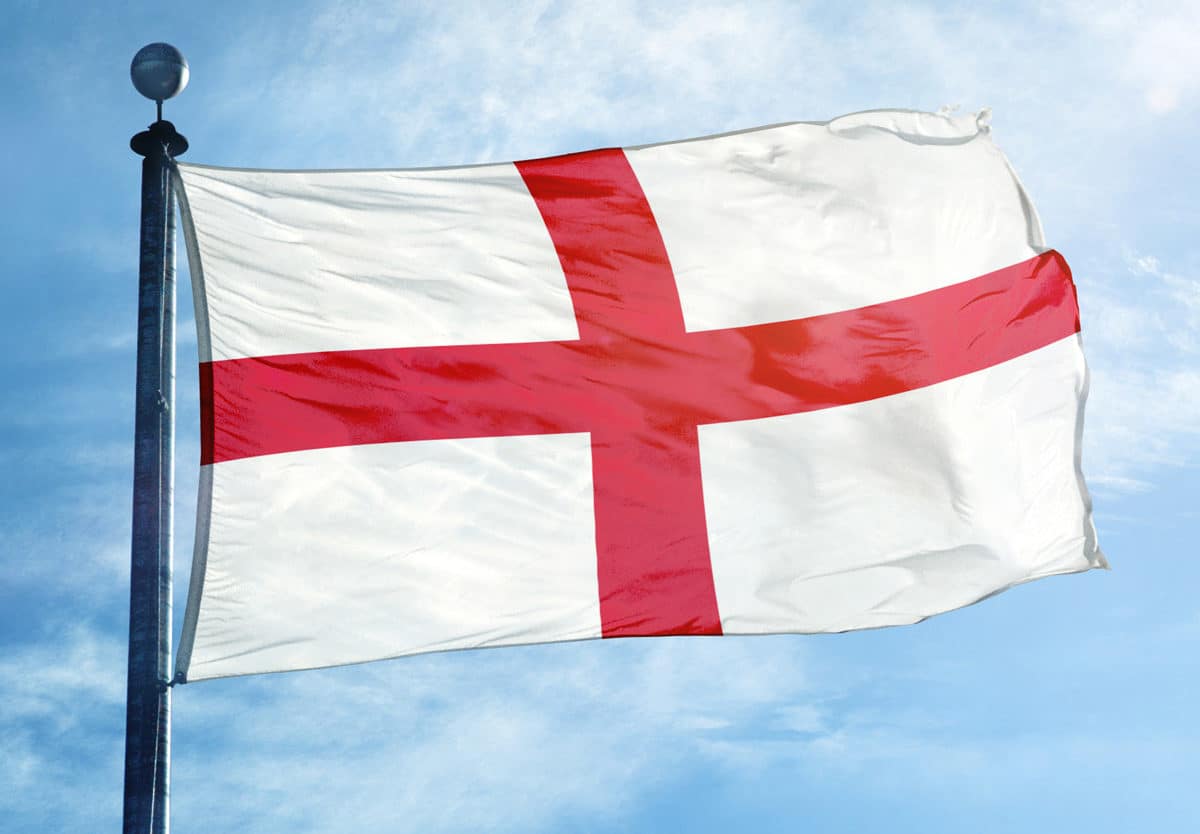
Ever wondered why April 23rd sparks celebrations in certain parts of the world? Well, let me tell you, it's all about St. George's Day! St. George's Day is not just another day on the calendar; it's a day brimming with history, legends, and traditions. But who was St. George, and why do we celebrate him? St. George is best known for his legendary battle with a dragon, symbolizing the triumph of good over evil. Across the globe, from England to Catalonia, communities come together to honor bravery, chivalry, and the start of spring. With parades, feasting, and the fluttering of countless flags, this day is a vibrant testament to the enduring legacy of a hero. Ready to dive into a world of dragons, knights, and tales of valor? Let's unravel the fascinating facts about St. George's Day that make it a celebration worth remembering!
Key Takeaways:
- St. George's Day, celebrated on April 23rd, honors the bravery of the patron saint of England, known for slaying a dragon and symbolizing courage and adventure.
- St. George is not only the patron saint of England but also of several other countries, and his day is celebrated with various traditions and festivities around the world.
What Is St. George's Day?
St. George's Day, celebrated on April 23rd, honors St. George, the patron saint of England. Known for his bravery and the legendary tale of him slaying a dragon, St. George symbolizes courage and adventure. This day is a significant cultural event in England, with various festivities and parades commemorating the heroism of St. George.
Who Was St. George?
-
St. George was a Roman soldier of Greek origin and a member of the Praetorian Guard for Roman emperor Diocletian. Born to Christian parents in Cappadocia (an area now in Turkey) in the late 3rd century AD, he is venerated as a martyr after his death for refusing to recant his Christian faith.
-
Despite being primarily associated with England, St. George never actually set foot in the country. His connection to England is largely due to the admiration of English knights for his chivalry and bravery.
The Legend of St. George and the Dragon
- The most famous legend associated with St. George is his battle with a dragon. According to mythology, St. George killed a dragon that had been terrorizing a town and was about to eat a princess. He is often depicted riding a white horse and slaying the dragon, symbolizing the victory of good over evil.
Celebrations and Traditions
-
St. George's Day was once celebrated as widely as Christmas in England. However, over the centuries, the festivities have become more subdued. Today, people mark the day with parades, dancing, and the flying of the St. George's Cross flag.
-
In recent years, there has been a resurgence in interest in St. George's Day, with campaigns promoting the day as a national holiday in England.
-
Traditional foods associated with St. George's Day include roast beef and Yorkshire pudding, a nod to England's rich culinary heritage.
St. George Around the World
-
St. George is not only the patron saint of England but also of several other countries, including Portugal, Georgia, and Greece. Each of these countries has its own unique way of celebrating St. George's Day, from religious ceremonies to folk festivals.
-
In Catalonia, Spain, St. George's Day (Diada de Sant Jordi) is celebrated as a day of love, similar to Valentine's Day, where couples exchange books and roses.
Why April 23rd?
-
The choice of April 23rd for St. George's Day is believed to be the date of his martyrdom in 303 AD. It is a day that not only commemorates the life and deeds of St. George but also ushers in the spring season in many of the countries that celebrate it.
-
Interestingly, April 23rd is also the death date of William Shakespeare, England's most famous playwright, further cementing the day's significance in English culture and history.
A Final Nod to St. George's Day
St. George's Day, celebrated on April 23rd, stands as a vibrant testament to the enduring legacy of one of history's most celebrated figures. It's not just about dragon tales or the valor of a single knight; it's a day that stitches together the fabric of numerous cultures, each observing it in their unique way. From the lively parades in England to the quiet respect paid in regions across the globe, this day transcends mere historical commemoration. It's a reminder of the values of bravery, chivalry, and the fight against adversity that St. George symbolizes. Whether you're hoisting a flag, enjoying a traditional English feast, or simply reflecting on the stories of old, St. George's Day offers a moment to connect with a past that continues to inspire and shape our present. Let's keep the spirit of St. George alive, not just on April 23rd but every day, by embodying the virtues he represents.
Frequently Asked Questions
Was this page helpful?
Our commitment to delivering trustworthy and engaging content is at the heart of what we do. Each fact on our site is contributed by real users like you, bringing a wealth of diverse insights and information. To ensure the highest standards of accuracy and reliability, our dedicated editors meticulously review each submission. This process guarantees that the facts we share are not only fascinating but also credible. Trust in our commitment to quality and authenticity as you explore and learn with us.
